As the 2024 election approaches, the world awaits the results of November 5. Those who were too young to vote in 2022 have the opportunity to make their voice heard this year. For new voters and veteran voters, this election is unlike no other.
Social Studies teacher Emma Jenkins understands the importance of voting and why she votes.
“I choose to vote because I recognize that my voice matters,” Jenkins said. “If I just complain about all the changes I want to see in the world around me but never vote to fight those changes, then I’m just shouting into a void.”
Jenkins’s department colleague, John Meyer, has been voting since he was eligible. While there are many issues important to him, no matter how passionate he is about an issue, he doesn’t think a voter has to care that much to be compelled to vote.
“I vote. Without exception. An interesting component of our style of democracy is that my level of passion is irrelevant in voting. My vote, cast with a 10/10 level of excitement, counts the same as the vote of someone who hasn’t heard of the candidates,” Meyer said.
Senior Keri Piepho turned 18 and is planning to vote in the 2024 election. While she is still researching and learning about the candidates, her relatives have talked about politics.
“My parents always said ‘you can’t complain about the results if you didn’t contribute to support your side,’” Piepho said.
Piepho goes on to say how she feels a greater sense of responsibility now that she is officially an adult.
“While I am still living with my parents and doing their chores, I feel like I am more mature and looking for ways to best prepare myself for later in life,” Piepho said.
Similarly, senior Lily Horowitz understands the importance of this election and why she plans to vote.
“I feel responsible because the outcome of this election is so grand and a lot of my friends can’t vote,” Horowitz said.
Meyer believes it is his civil duty to vote in every election especially when people have risked their lives to have this opportunity.
“I believe in its importance as a measure of respect to people who fought, wrote, marched, and sometimes literally died trying to gain the right to vote.” Meyer said.
Whether you are eligible to vote or not, almost everyone with a phone has seen the whole concept of political campaigning being taken online, and specifically to social media. It creates a place for people to research and learn more about the people running for office. Jenkins thinks social media has a big impact on viewers’ opinions, yet can be tiresome to constantly see political content on your feed.
“The emergence of social media has made it easier to keep tabs on important issues, which may motivate some to vote,” Jenkins said. “But the fatigue of seeing political content constantly may be making young voters disillusioned with voting.”
All in all, Jenkins knows that nothing will be different if she doesn’t make her voice heard.
“Voting gives me the opportunity to put forward candidates I think can make changes I am incapable of,” Jenkins said. “I believe it is both a right and a duty; If I want change, I need to vote it in.”


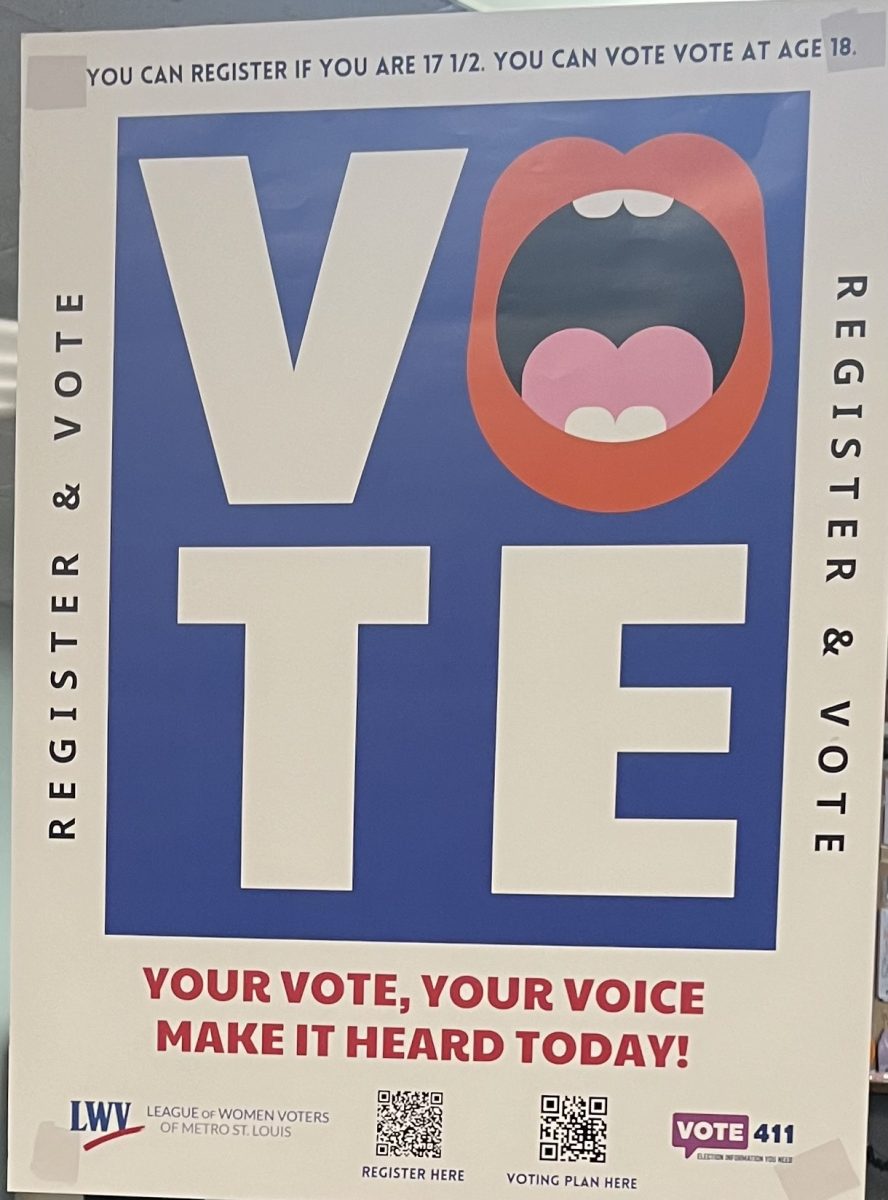
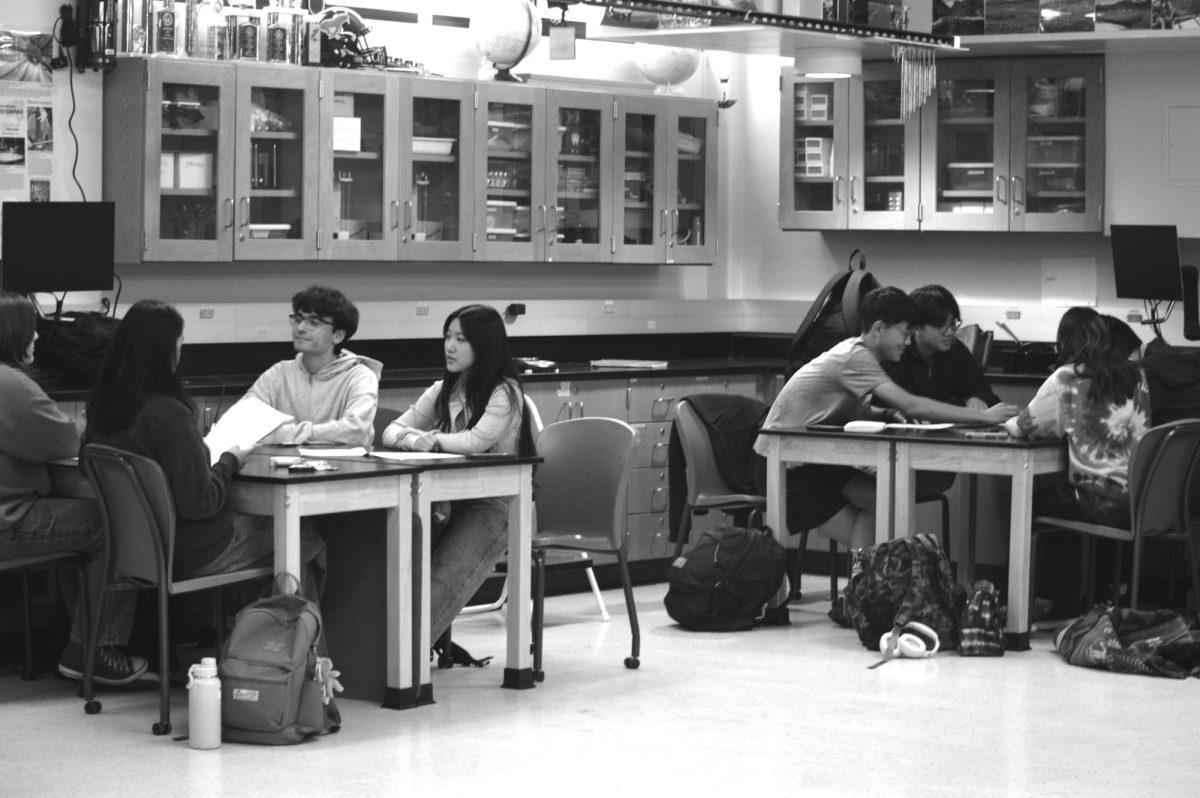

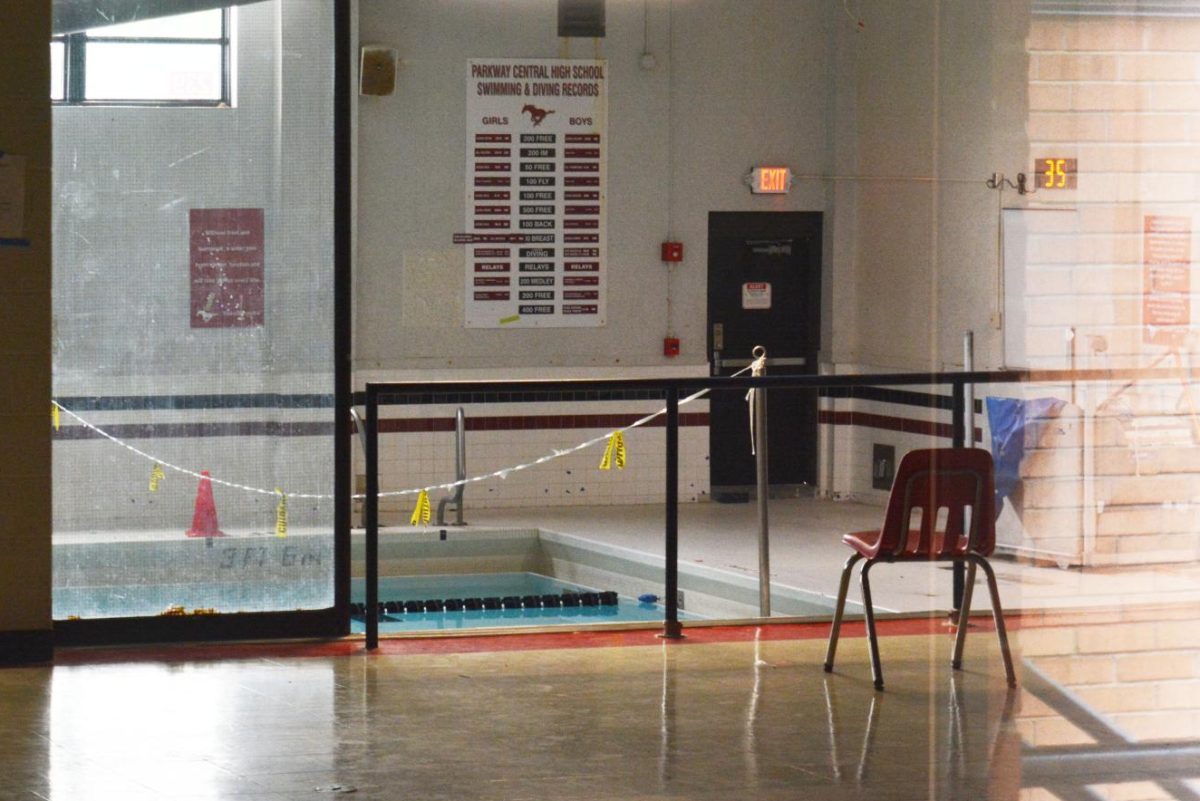
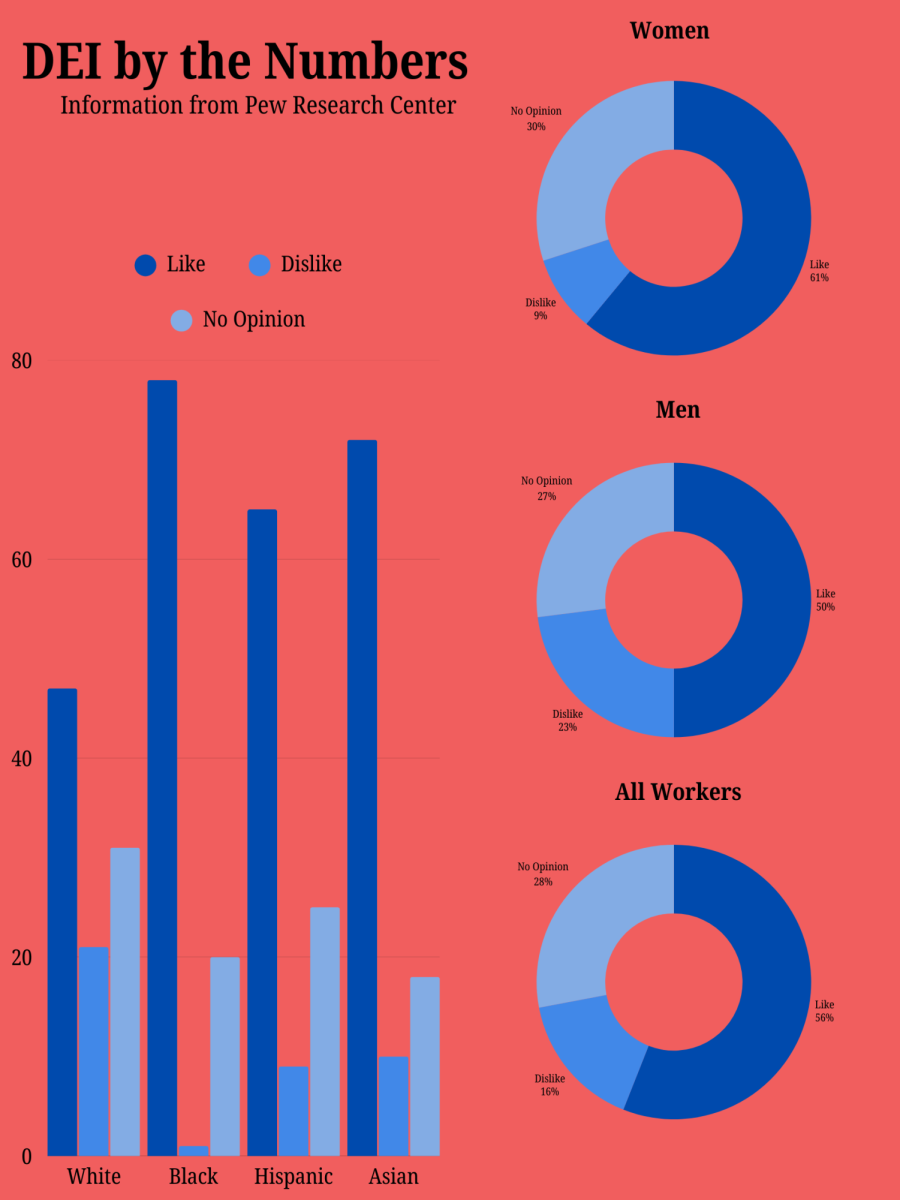
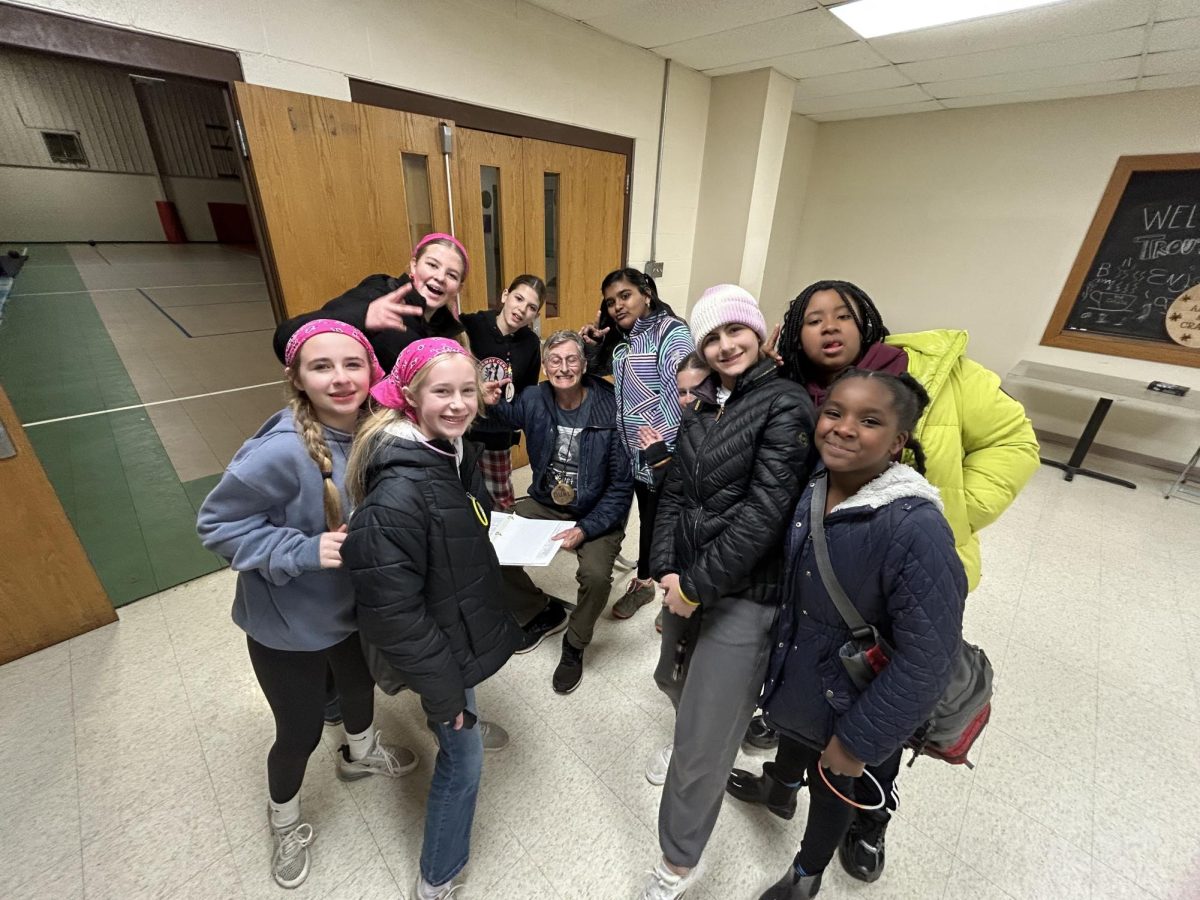


Madeline Qian • Sep 27, 2024 at 11:49 am
Amanda, this is such an informative piece! I love your writing and interviews.
Amanda Arst • Sep 27, 2024 at 11:50 am
Thank you so much! I appreciate you reading it!